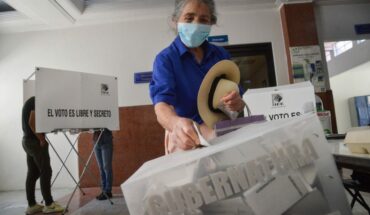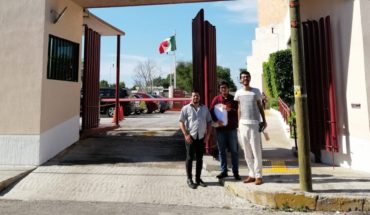In 2012, the first government of President Sebastián Piñera had the merit of summoning a Commission INTERDISCIP Linares for the elaboration of the National policy of Urban Development, which currently governs our country. In this policy, the objective of creating a “Ministry of Cities, Housing and Territorial development” is mentioned.
On June 1, 2019, in its public account, President Piñera announced that the government will present to Congress a bill that creates this new ministry, and that it “join the Ministry of Housing (sic) with that of national property, which, along with the increase in the s acquisition and rental subsidies will allow for higher levels of social integration, to reduce the camps and to facilitate the access of families to urban areas with more and better services, breaking down the visible and invisible walls that They divide the Chileans. ”
In general, this is good news. A ministry that solves the challenges of segregation of the country’s urban territories and which exceeds the current “viviendista” bias of the Ministry of Housing and Urbanism (MINVU) is certainly a longing for the vast majority of Chileans.
However, this announcement requires careful analysis.
First of all, on December 3, 2018, the government entered into legislative proceedings to the Chamber of Deputies the Bill “Social and Urban Integration”, which transforms the Ministry of Housing and Urbanism in the new “Ministry of City and Housing”.
Therefore, more than an announcement, the government should have reported on the state of processing of that bill, almost half a year after its submission.
Secondly, among other actions, this bill seeks to transfer fiscal land, in the form of concession, to the private sector by means of transfers of urban public lots. In other words, public land is transferred from the Ministry of National Property (MBN) to private real estate companies.
The aim of this bill is that private companies, together with producing housing with high returns of profitability for their businesses, allocate a percentage (indeterminate, and that is estimated lower) of social housing that may be beneficiary of subsidy of Lease on those projects. This would be, from this particular perspective, achieving “social integration”.
This idea has generated many questions because it gives to the real estate sector even greater facilities than those already present (now adds free soil) in exchange for producing a minority margin of housing of social interest in their projects Housing.
One can understand, then, the interest of the Government to merge the MBN with the MINVU; The first CFE the fiscal ground to private domain; The second will provide subsidies for the construction of social housing.
Today little is known about how this law would operate, and the Government has not yet opened the discussion to present alternatives that could be more efficient. For example, that the government, instead of disposing of land heritage of all Chileans, directly tender the construction of social housing sets destined to lease in those tax lots, and do not lose control over them, as does the MOP for Roads and public infrastructure through the General Directorate of Concessions.
Thirdly, a Ministry of city, housing and territory must go far beyond merging the current competencies of MINVU and MBN. In the urban territories there are numerous conflicts between various factors, such as urban and territorial planning, housing and neighborhoods, transport and roads, security in public spaces, equipment and green areas, networks and Infrastructure, the quality of life and the habitability of the environment, the pollution of air, water and soil derived from activity and urban concentration, the energetic challenges and ways to inhabit the climate change scenarios, the reduction of Risk of disasters, governance mechanisms, planned and integrated coastal borders, etc.
This implies that this new ministry should include competencies currently under the control of ministries such as public Works, transport and telecommunications, Interior, environment, agriculture, regional governments and municipalities, which is much more There that a mere merger between the two ministries mentioned. The task and the challenge is much more complex than merging.
In any case, any measure aimed at promoting greater transparency and equity in the production of social housing in cities, and better management of urban territories and their environments, especially in their broad sense, must be supported.
The content poured in this opinion column is the sole responsibility of its author, and does not necessarily reflect the editorial line or position of the counter.





